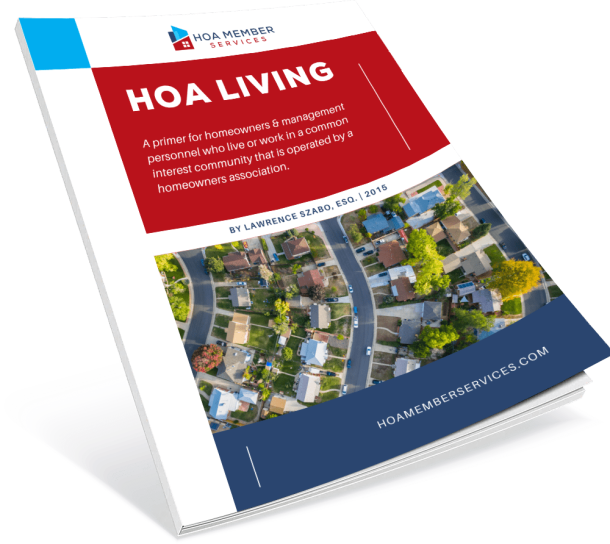Understanding the Ramifications of a Homeowners Association’s “Loss of Corporate Status”
- Governing Documents
Most homeowners associations are corporations that are organized under the laws of the state in which the association is located. A corporation is a distinct legal entity that the state laws allow for which includes shareholders (or members in the case of a homeowners association) who are the owners of the entity, a board of directors that manages the entity, and officers that are elected annually by the directors. Other types of legal entities that are not suitable for the operation of a homeowners association include limited liability companies, partnerships, limited partnerships and joint ventures.
A corporate entity is created by the filing of various documents, including the Articles of Incorporation, with a governmental agency within the state such as the Secretary of State. That agency imposes various requirements concerning the documents that must be filed upon formation of the corporation and at periodic intervals (typically annually) after the formation of the entity. The proper formation of a corporation vests the entity with the power to exist and conduct business.
The technical requirements relative to the formation of a corporation are taken care of by the developer of the common interest development that is going to be operated by the homeowners association. During the developmental stage of the association, the developer controls the operations and is responsible for doing whatever is required to keep the corporate entity in good standing in accordance with the applicable state laws. Following formation, the developer continues to control the association’s board of directors for a period of time. During that period, the developer continues to take care of the preparation and filing of the documents that are required to be filed with the state in order to maintain the corporation’s legal status as a corporate entity and continue to legally operate as a corporation. When a certain percentage of properties that make up the association are sold by the developer, the responsibility for compliance with the state laws pertaining to corporate filings with the state’s governing agency shifts to the individuals that become the directors of the association as a result of the annual elections by the association members.
Subscription Required to Continue Reading
To view the full HOA Featured Article, you must have a Subscription with HOA Member Services
Become a Member
Personal Monthly
-
Access to over 600 Articles & Case Decisions
-
Access to hundreds of Resources
-
HOA Newsletter
-
Free Copy of HOA LIVING
-
25% OFF Download Forms
-
1 User
Personal
-
Access to over 600 Articles & Case Decisions
-
Access to hundreds of Resources
-
HOA Newsletter
-
Free Copy of HOA LIVING
-
25% OFF Download Forms
-
1 User
Pro
-
Access to over 600 Articles & Case Decisions
-
Access to hundreds of Resources
-
HOA Newsletter
-
Free Copy of HOA LIVING
-
Free Unlimited Access to Download Forms (save $1000s!)
-
Unlimited Personal Support from HOA Attorney
-
1 User
HOA Team
-
Access to over 600 Articles & Case Decisions
-
Access to hundreds of Resources
-
HOA Newsletter
-
Free Copy of HOA LIVING
-
Free Unlimited Access to Download Forms (save $1000s!)
-
Unlimited Personal Support from HOA Attorney
-
Up to 10 Users

